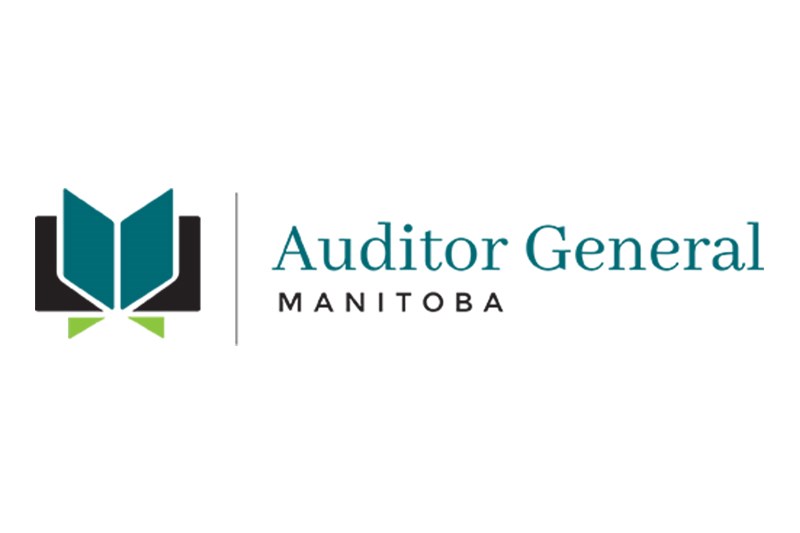A follow-up report from the deputy auditor general says that only 36 per cent of recommendations made in four audits conducted by the Office of the Auditor General in 2016 have been completed within three years.
Those audits made a total of 66 recommendations, only 24 of which have been resolved, below what deputy auditor general Tyson Shtykalo deems a “reasonable and achievable” completion rate of 85 per cent after three years.
“I am concerned with the number of past recommendations that the government has not implemented,” Shtykalo said in a March 5 press release, encouraging the public accounts committee to actively monitor the status of outstanding recommendations that it considers significant and to hold government departments and Crown corporations accountable on their commitments to improve.
Among the audits conducted in 2016 that have now undergone their third and final follow-up examination by the Office of the Auditor General was one on process costs and adverse effects agreements related to the Keeyask generating station project between Manitoba Hydro and First Nations. Two of the three recommendations from the September 2016 audit report have been resolved, as Manitoba Hydro now conducts periodic risk assessments of the involved First Nations and tailors their cost claim review procedures accordingly. The Crown utility has also implemented the recommendation that it require certification that expenses claimed by the First Nations have actually been paid and require proof of payment for significant expenses. Manitoba Hydro has not ensured that any future ratification protocol agreements include independent assurance for all parties that procedures were adhered to in all significant respects because it has not entered into any ratification protocol agreements with First Nations since the time of the audit.
Fourteen of 24 recommendations have been resolved related to the East Side Road Authority (ESRA), which was tasked with overseeing the construction of an all-season road to numerous communities on the east side of Lake Winnipeg before being dismantled and having its responsibilities absorbed by Manitoba Infrastructure in 2016 following the election of the Progressive Conservatives as the provincial government. The 10 remaining unresolved cover topics such as risk assessments of community benefits agreements (CBAs) with individual First Nations, plans and measurable outcomes for determining the effectiveness of mentoring provided by joint venture partners, and better monitoring of how training provided matches up against targets outlined in CBAs. The auditor general’s office said these recommendations should be considered in any service delivery model Manitoba Infrastructure and Indigenous communities come up with to replace the ESRA model.
The deputy auditor general’s report also included the first and second follow-ups on audits conducted in 2017 and 2018, including the first follow-up on recommendations related to the sale of licences and cash management practices at the Thompson Sustainable Development office, where poor documentation made it impossible to track $33,0000 worth of fishing and hunting licences that went missing between 2005 and 2014. That audit concluded that an unknown amount of money was likely misappropriated. All five recommendations from that audit report, released in October 2018, are still in progress. The Office of the Auditor General recommended that department prepare documented risk assessments for each type of licence vendor and location to ensure controls are in place to mitigate risks. It also asked the department to segregate incompatible duties at its offices where possible, to strengthen its inventory remittance procedures, to make sure clerks and supervisors have the proper training and directives to ensure expectations are completely understood, and that it have the department’s financial services staff prepare monthly bank reconciliations and that they be subsequently reviewed and approved by management.




